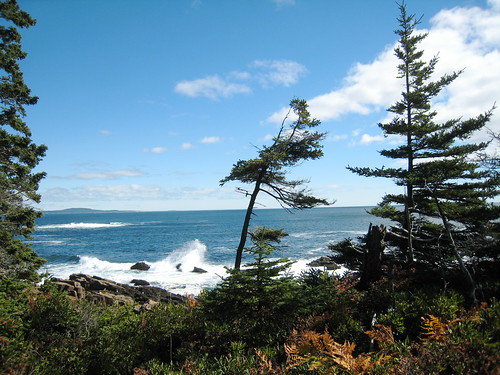 |
| Joseph Very Quarles (Senator) |
Included in the abstract are various Last Wills and Testaments, by which the land passed from one owner to the next. At some point around the middle of the nineteenth century, it was owned by Ann Quarles. Her last Will and Testament was among the most interesting, bequeathing such items as a portrait of herself (to her baby granddaughter), and a portrait of her deceased son (to another of her sons.) She also left a gold watch, chain, and "appendages" to a Joseph V. Quarles, or, in the event of his death before her own, to his wife.
I'm not sure of the relationship between Ann Quarles and Joseph V. Quarles, but Ann appointed Joseph and a man named Michael Frank as the executors of her will. The rest of the will detailed specifications for what should happen to her estate. Four thousand dollars was to be taken from the total remaining after the sale of all her properties, invested in real estate bonds, and the interest earned was to be split yearly between two of her sons. The remaining total from the sale of her estate was to be split between her three daughters. There were more clauses for various eventualities.
This was all kind of cool, but none of those later details grabbed my interest like Article III of the will. Before Ann Quarles went into specifics about her estate, there was Article III. One sentence. "To my son Samuel Quarles I leave the sum of Twenty Five Dollars."
OH SNAP.
That was the one and only time Samuel Quarles was mentioned. I have a hundred questions, of course. What did Samuel do to piss off his mother? Was he a genuine scoundrel, or did he just, say, marry a kitchen maid? Why bother naming him in the will at all? It had to be for vindictive purposes, right? The whole family would come together for the reading of the will, and Samuel would be humiliated in front of the largest possible audience?
Things only got more interesting with the next document in the abstract, a notarized statement by Michael Frank. In it, he refused to be an executor of Ann Quarles' Last Will and Testament. Why would he refuse? Too much on his plate? Or was it possible that Michael Frank didn't approve of Article III, and wanted nothing to do with the will? Obviously that's wild speculation, given that this probably wasn't among the top ten most outrageous things you'd find in a will, even in the 1800s. And it looks like Michael Frank was a busy guy. Still, I wonder.
It may be possible to find answers to some of these questions. The Quarles family was prominent in Kenosha. A quick Google search shows that there were at least four men named Joseph V. Quarles (each man kept passing the name down to his son). The first was a notable Wisconsin pioneer. His son was a lawyer, eventually mayor of Kenosha, and a Wisconsin senator around the turn of the century. One of them was the Joseph V. Quarles named as executor of Ann's will (and left a gold watch). I don't know how Ann Quarles was related to Joseph, but that should be one of the easier mysteries to solve. Beyond that, I'm not sure. Scour old Kenosha newspapers for mentions of Samuel Quarles? Look for a marriage certificate? Talk to someone who knows Kenosha history? If only they had the internet back in the 1800s.
I have no idea when I might find time to delve into this, but I'm happy to have a little history project for a rainy day. Okay, to be honest ... probably a whole lot of rainy days.




